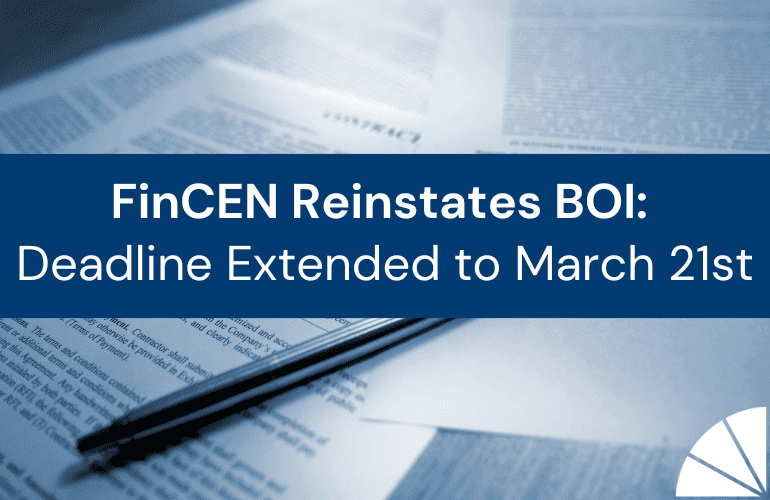
The Paycheck Protection Program Flexibility Act of 2020 has passed in both the House and the Senate. The Bill provides some much-needed relief and flexibility regarding PPP loan forgiveness for small businesses that were impacted by the COVID-19 pandemic. The major changes resulting from this legislation include:
- An option to extend the covered period for loan forgiveness from 8 weeks to 24 weeks
- Extension of the date to apply for PPP loans from 6/30/20 to 12/31/20
- A shift in the allowable ratio of payroll to non-payroll costs eligible for forgiveness from 75/25 to 60/40
- Extension of deadline to rehire employees and restore salary levels from 6/30/20 to 12/31/20
- Additional exemptions to forgiveness penalization if businesses are unable to rehire employees due to the inability to return to the same level of business activity prior to the pandemic resulting from government-imposed health guidance and restrictions.
- Alteration of loan terms for amounts not forgiven.
- Loan term extended from 2 years to 5 years
- Deferral of loan payments from 6 months to 10 months after the end of the covered period
- Allows recipients of PPP loans to defer payroll taxes as allowed under the CARES Act (previously PPP recipients were restricted from this deferral)
The Bill still needs to be signed into law by the President, but it is fully expected he will do so. Companies who have PPP loans outstanding should continue to keep an eye on their eligible costs, but with the extension of the covered period to 24 weeks and the other adjustments proposed, the difficulties many small businesses were having in relation to spending the funds in the covered period should be alleviated. For those companies and individuals that did not apply, it may be time to reconsider under the new guidelines. As it states in the name, the changes put forth in this bill will hopefully allow borrowers the flexibility to make the right decisions for their businesses while still being able to take advantage of the loan forgiveness.
by Matt Touma, CPA





